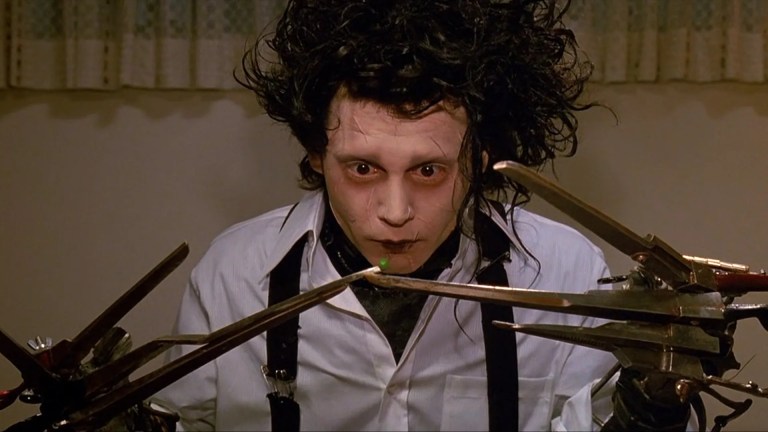
7 Things People Don’t Realize You’re Doing Because You Have Rejection Sensitivity Dysphoria (RSD)
Rejection sensitivity dysphoria (RSD) is the experience of severe emotional pain and distress related to feelings of failure and rejection. RSD is linked to attention deficit hyperactivity disorder (ADHD) as well as depression and anxiety. While RSD is not an official diagnosis in the DSM-5, it is starting to be researched at length.
If you struggle with RSD, it’s easy to feel misunderstood by others. People may think you’re being “dramatic” or “too sensitive” when you respond strongly to rejection, which honestly ends up making you feel even more alone and less-than. After all, you are deeply aware that your feelings are disproportionate to the situation; but knowing this doesn’t stop you from feeling it. RSD is frustrating and isolating, to say the least.
Here are seven things people don’t realize you’re doing because you have rejection sensitivity dysphoria.
1. You are self-conscious as hell.
You’re easily embarrassed and feel as though you’re walking on eggshells throughout any and all social interactions. This is because you’re bracing yourself for what you believe is inevitable: rejection.
As a result, you closely monitor everything you say in hopes you can prevent being let down or left. This can lead to over-apologizing and over-explaining yourself. And in the end, all of this self-monitoring just leads you to being more self-conscious and anxious. And yet, you can’t stop. It’s a vicious cycle.
2. You don’t believe in yourself.
If you have RSD, you most likely also have low self-esteem as well. Your self-trust is basically non-existent. You struggle to see your worth and what you bring to the table because you are held hostage by memories or current experiences of rejection and loss. Your self-esteem is entirely dependent on what other people think about you. And when what they think is negative, you’re utterly devastated.
3. You’re absolutely terrified of failure.
Instead of looking at getting something wrong or failing as an opportunity to grow or maybe even to try again, you are crushed by it. And because you know you become undone by perceived (or real) failure, you’re utterly fearful of it. This fear can sometimes make you procrastinate. Alternatively, your fear of failure can also lead to perfectionism and over-correction.
4. You self-isolate.
You go inward a lot and isolate yourself, even from the people who love and care about you most. You do this as a means of self-protection and to prevent potential rejection. But all it really does is make you feel lonely and disconnected.
5. You get incredibly worried when someone is short via text.
Vague or short interactions make you spiral, such as someone texting in a short manner. While they may just be totally swamped at work or the conversation is naturally coming to a close, you don’t see it that way. You take it as rejection, as an indicator that they don’t want to talk to you and don’t like you.
6. You don’t handle criticism well.
You take any negative feedback as an indictment of your character. You internalize it. Even if the criticism is constructive and could even help you improve and grow, you never take it that way. You’re just wounded by it.
7. You people please.
You just want to be loved, so you overcompensate through people-pleasing behavior. This means you always say yes, even if the best thing for you is to say no. You bend over backward for people in an unnecessary and even self-destructive way. But because you’re so desperate to be liked and accepted, you abandon yourself and your own needs in favor of others’ needs and opinions. It’s exhausting and painful.











